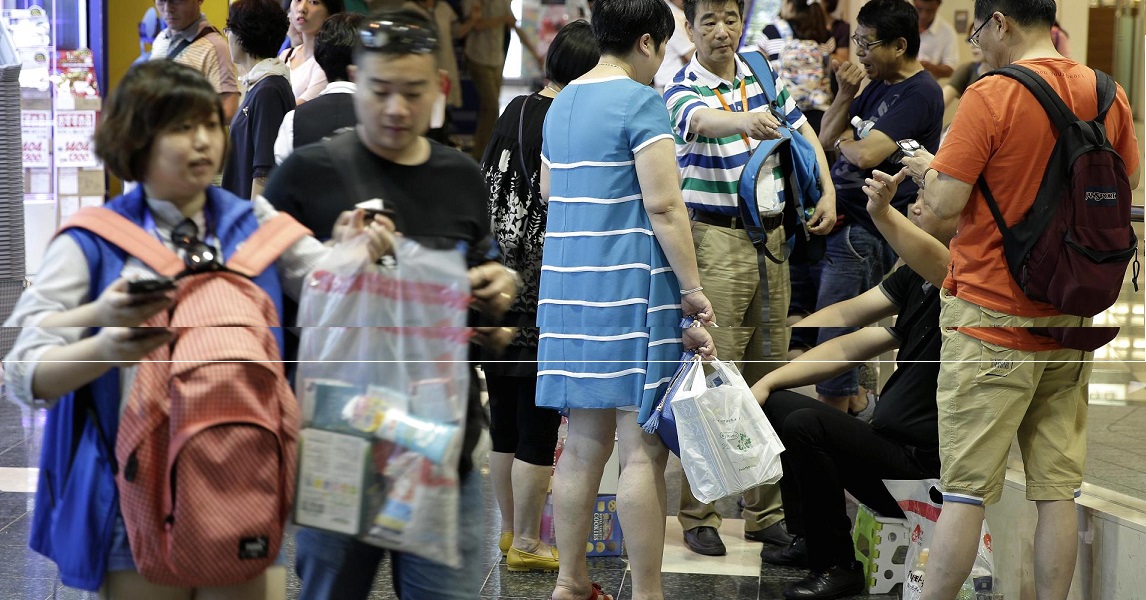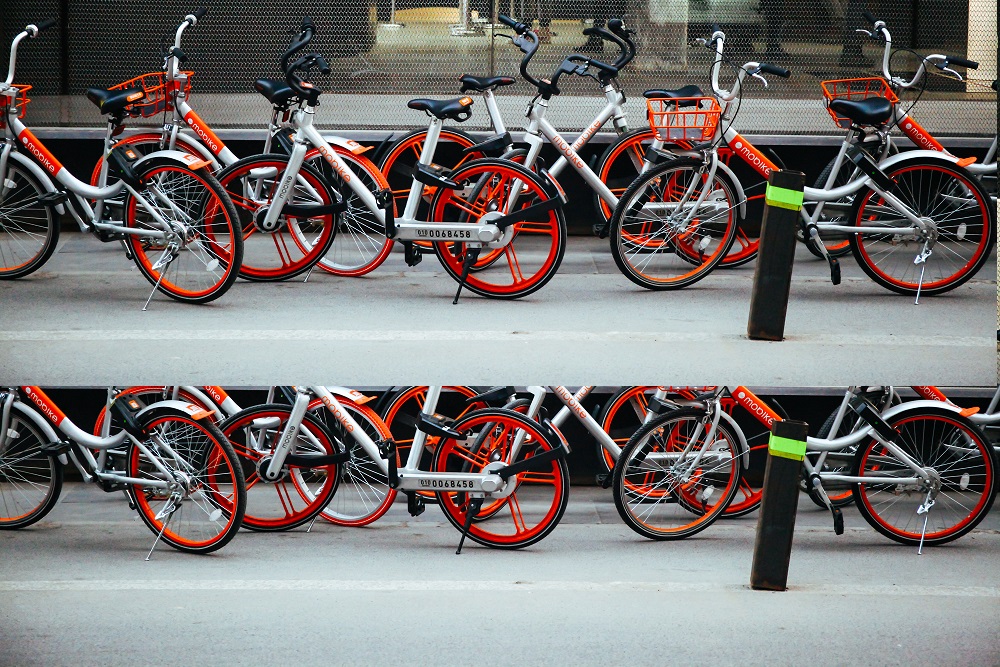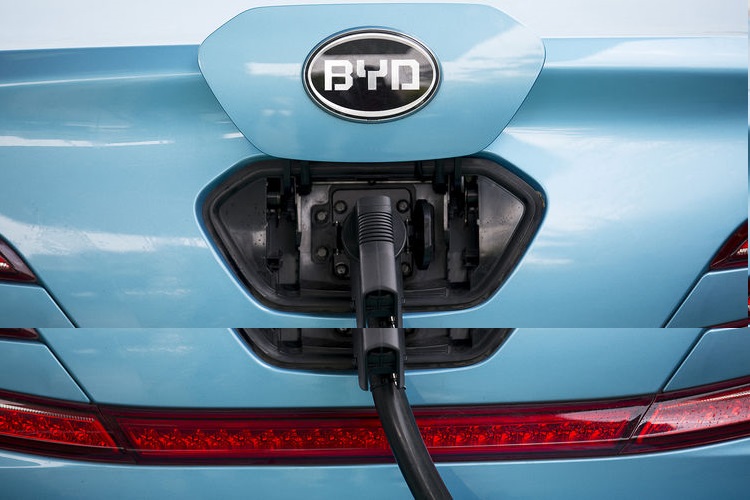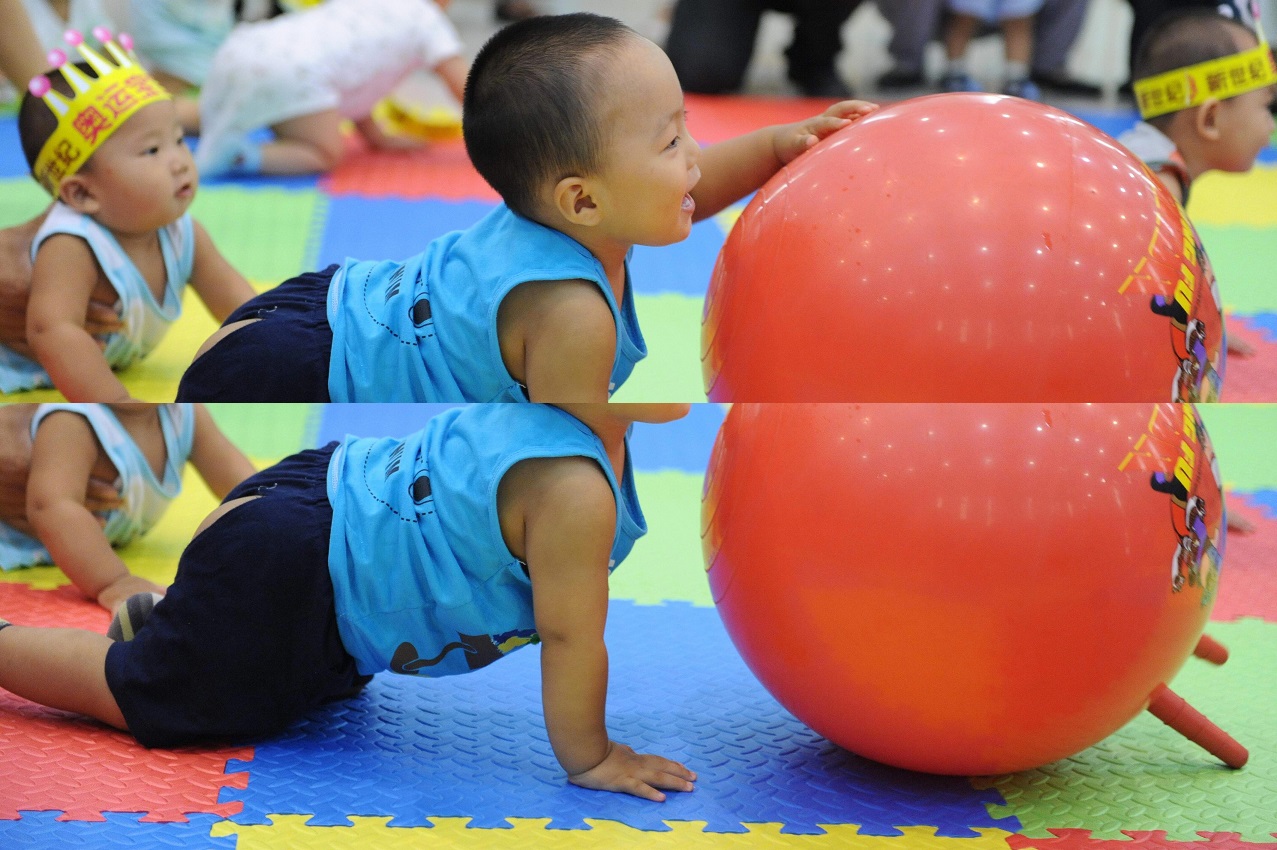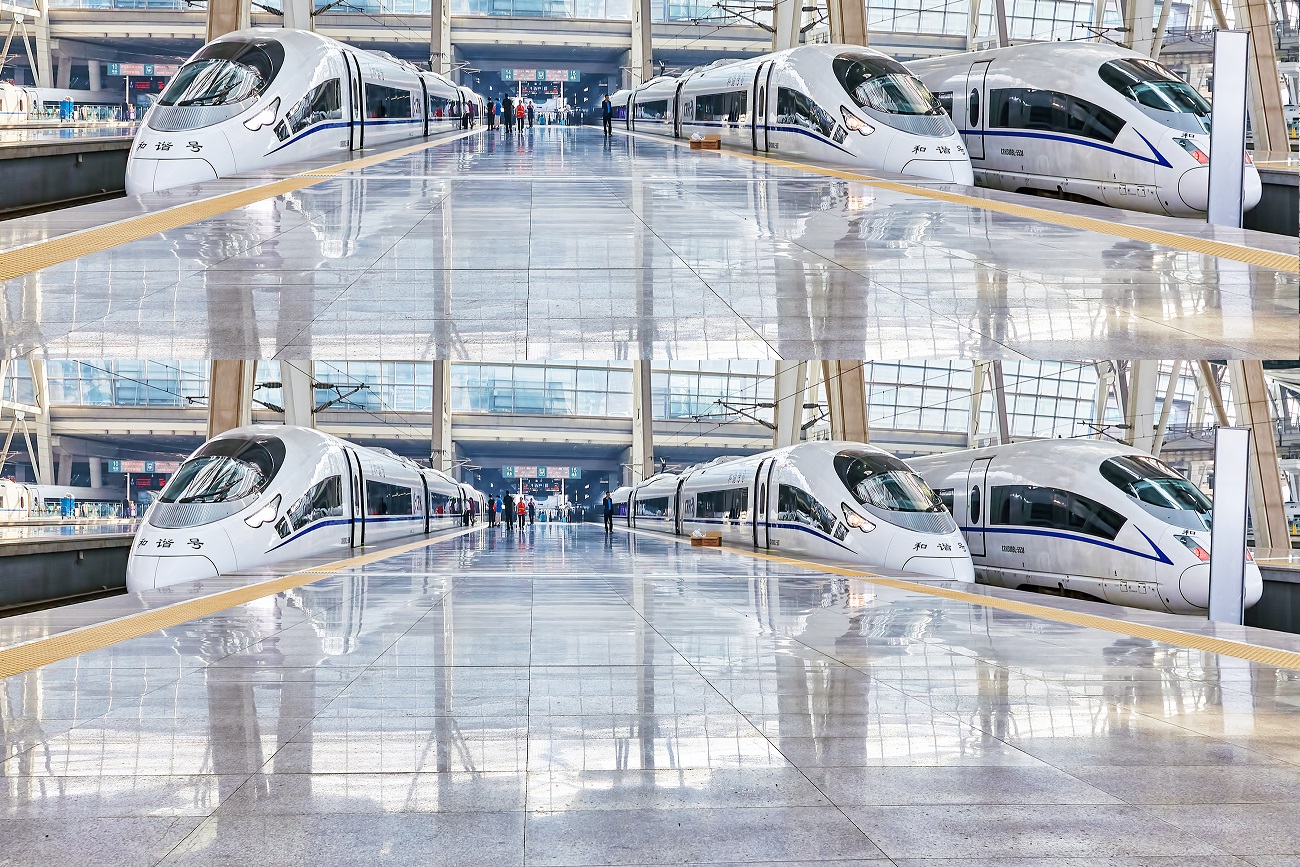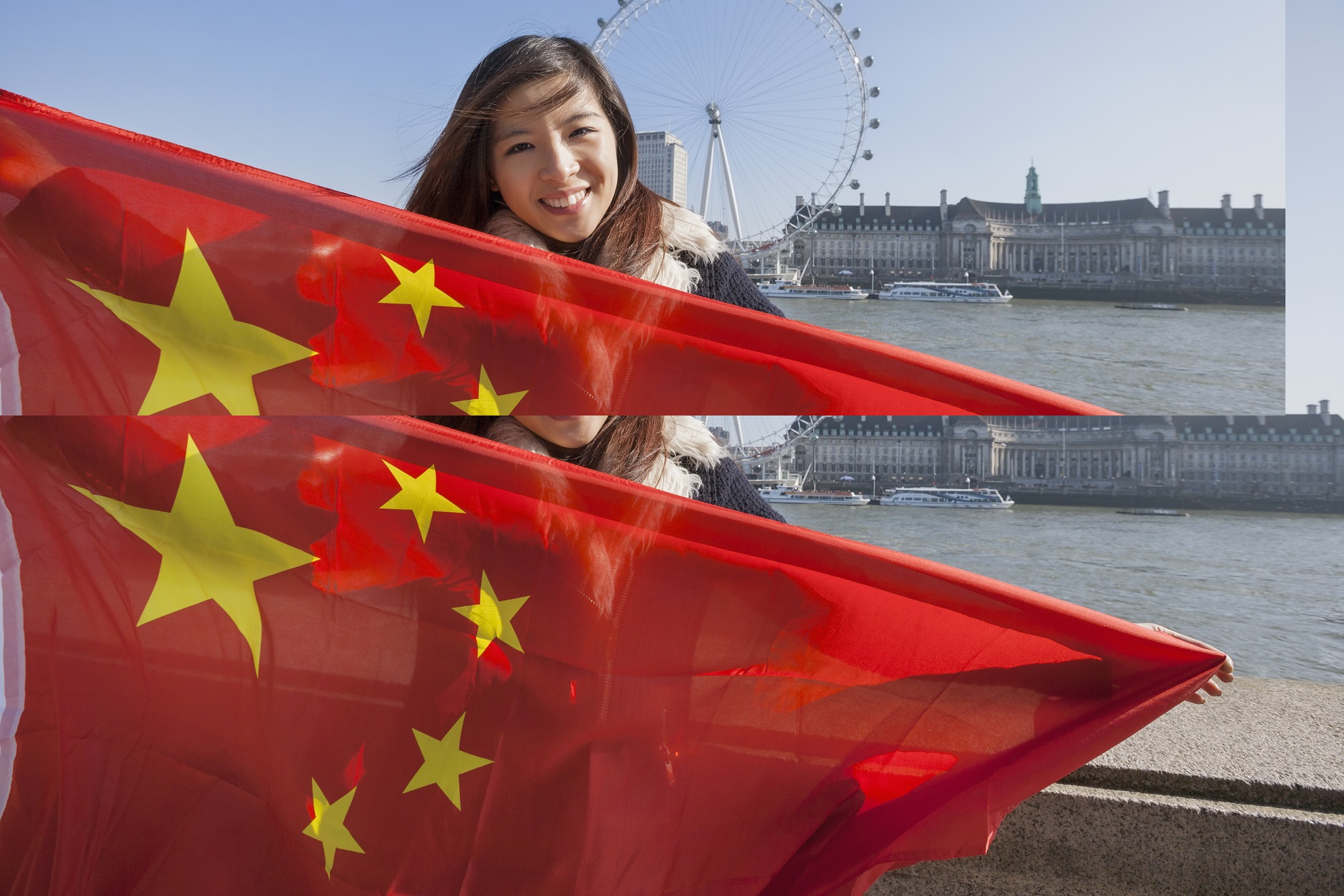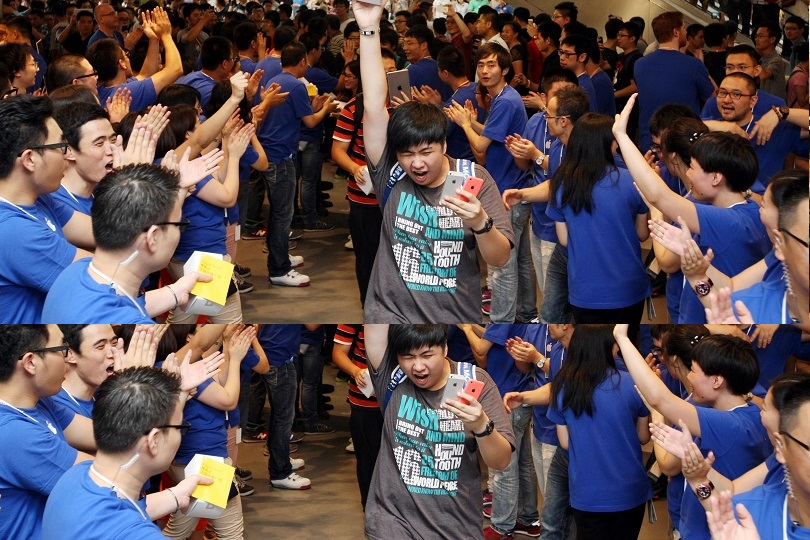Being young in China: cool but not always easy
There used to be times that being young in China meant mostly obeying parental and societal rules, being deprived of everything that the modern world had to offer, and suffer any kind of hardship in general. Times certainly have changed..
Since a year or so I regulalrly go to the gym. Just like millions of other Chinese I am now part of this growing new trend, finally convinced that I needed to do something about my health I don and general physical condition. I don't expect to become the new Arnold Schwarzenegger, but I figured a bit of workout never hurts.
Being at the gym I sometimes use a personal trainer, for the common Shanghai price of 250 RMB per class (did I mention before China is often crazy expensive?). Beside being really tough on me during gym class, she can be nice too. She is 28 years and and with an average monthly salary of 20-30.000 RMB -for which these personal trainers put in very long hours- she explained to me she has the means to enjoy modern China. Going for dinner, buying the newest Iphone, go shopping in the expensive malls, it's all part of her modern life. A few months ago she bought a Volkswagen, her first car. She can be in every be being described as a Millenial and part of the growing middle class.
Except for the ususal chitchat, she is also often talking to me about her childhood. During one of our conversations she was comparing her childhood in a remote village in Hunan province, to her modern life nowadays in Shanghai. Although she has been more or less sheltered from real old fashioned Chinese hardship which happened before she was born (Cultural Revolution and so), she still endured some rural Chinese life, such as lack of sanitation and running water. I was fascinated and thought about the generation of my inlaws who -much more than my personal trainer- really suffered hardship in the 60s and 70s of the last century. They are living examples of those times full of hardship. Being teenagers during a time when China was a backward country, still experienced food shortages, and were personal freedom was extremely limited, life wasn’t easy to say the least .Now it isn't either, but because of very different reasons (maybe something more about that in another blog).
Modern China, where the in internet functions as a window to the outside world and with its abundance of all kinds of new products, couldn’t be more different than the past. BFor Chinese youngsters a whole new world has opened up. And it's a world which enjoy as much as they can. Obviously being young in China is still in a lot of ways different than in the western world, but the similarities are striking too. Although Chinese youngsters are still subject to strong parental control, still have great respect their elders, and feel the responsibilities to take care of their parents, they also have a lot more individual freedom than before. Especially the Chinese megacities are populated with youngsters from all walks of life, coming from every province in the country. These cities are real melting pots. Lots of my Chinese friends living in Shanghai and Beijing, come from all over China, They moved away from their countryside towns to the megacities, lured by the prospect of jobs and a better life, both which they often found. My wife left her hometown Taian in Shandong when she was 17, to study in Beijing. She doesn’t regret her decision at all. Just like millions of others she sees her parents at most a few times per year, often to celebrate some traditional Chinese festivals together. Her life has improved significantly, enjoying everything modern China has to offer.
Although life has improved, it's equally true that for some youngsters, living conditions often are not as expected. With increasingly higher rent prices, they share small cramped apartments with friends or other roommates in order to save money. These are often places where you can hear your neighbors having an argument, and smell what they are cooking for dinner. Working long hours and spending significant amounts of time in the never ending traffic jams or being underground oi the subway (while watching online videos on tjhe mobile phone), is very normal. But that still beats life in their hometowns. Moreover in Chinese megacities like Beijing, Shanghai, Shenzhen, Nanjing or Wuhan, youngsters can enjoy an anonymous life which is in stark contrast to life at home where their parents often still exercise strict parental control, and where they need to live a life according to certain social standards. My personal trainer for instance is a lesbian who has a girlfriend in Shanghai. Here she can can enjoy an anonymous life with her girlfriend, which probably would be completely unacceptable in her hometown. She is 28 and unmarried, which means that her parents keep on bugging her with the question when she is going to get married and -more importantly- when they can expect their grandchild being born (without question one of the most popular topics among Chinese parents). Her parents simply have no idea how their daugher is really living her life...
In the Chinese cities Chinese youngsters also find a lifestyle that equals the modernity, social life and cultural events from western cities. International events such as pop festivals, marathons, exhibitions, international sports competitions and so on, are absolutely normal. From own experience I can testify that especially Shanghai is becoming the place to be, just like London or New York. Large cities have a bustling nightlife. Since China has a real food culture, some restaurants are open twenty four hours per day. During my younger years I was in Beijing not only a regular customer at the most popular clubs and bars, but also could be found until very late in one of the thousands of restaurants. The use of alcohol is widespread and excesses are certainly no exception. More than once I've seen people being carried out from clubs, by their friends thrown in a taxi back home. Anybody who wants to revive his childhood, can try to go out good time in Beijing or Shanghai where very lively clubs and international DJs have long been present. Gay and lesbian clubs are not so hard to find. Prostitutes neither. Drug abuse is also on the rise. According to the Chinese government, there are fourteen million drug users in the country, but perhaps that is an underestimation.
Not only are there enough bars and dancings to enjoy, performances ans concerts by famous stars are common also. Besides the Chinese stars -with millions of folowers on Weibo- that perform in stadiums all across the country, foreign artists also tour in China. I myself attended a concert from Bob Dylan in Beijing (basically only laowai -foreigners- present). The Rolling Stones have already completed a number of concerts in China. Elton John causes a small stir back in 2012 when he dedicated his concert in Beijing to the political dissident Ai Wei Wei. Lesser gods such as Maroon 5, Katy Perry and Taylor Swift also occasionally perform in the Chinese cities. I once unpleasantly became aware of the presence of David Beckham -an absolute superstar in China- and his wife Victoria (can’t they just stay in the UK?) when I was strolling around in a fancy area in Beijing with the family. While I tried to enjoy a rare day of blue skies in Beijing, my day almost got ruined when suddenly a whole crowd of screaming young ladies was standing in front of a hotel waiting for Beckham. Because football is not only popular but also very lucrative, European top teams come to China to play some exhibito n games. On this occasion I saw Barcelona, Manchester United (at that time with a still young Christiano Ronaldo) and Bayern Munich playing in Beijing. NBA basketball is also extremely popular. Nearly 700 million people watched the 2015-2016 NBA season on TV. International events are also increasingly popular. Cirque du Soleil's is staging shows in China in 2017, while there are plans to build a permanent 1,400-seat theater in the city of Hangzhou. Since 2004, Shanghai is the scene of F1. Shanghai is also the only Asian location of the tennis ATP World Tour Masters 1000. Disney on Ice also makes an appearance every year in the city while the Miss World 2015 contest was organized on the tropical island of Hainan.
In addition to a growing internationalization, Chinese youngsters also show their desire for modernity in other ways. Western holidays and events are increasingly being celebrated by the middle class youngsters. Although youngsters certainly still respect traditional Chinese holidays, they also want to enjoy international festivals. The Modern Chinese citizen feels that he has to adapt to international standards and is not afraid to open his wallet to achieve that goal. After all, if the movies are right, isn’t it so that everybody in the Western world buys presents for Christmas? In Beijing and Shanghai there are big Christmas markets, inspired by German examples. Not only Christmas is increasingly popular, Halloween is also getting more attention. Every year I see more and more Chinese children going to school dressed up and participate in activities that revolve around Halloween. Because of the ever-growing popularity of this festival, China has even become the largest producer of these vegetables. Other western trends are being followed also. Because it is considered fashionable, some people marry in churches. Valentine's Day is celebrated twice, once on February 14th and once on the traditional Chinese day. Some international holidays or events are much better known in China than abroad. Children's Day, a holiday introduced by the United Nations, is celebrated extensively, just as International Women's Day.
Chinese youngsters don’t rebel as was the case in the 1960s in the western world, but they do try to live their own life, away from parental control and societal pressure. That seems to work increasingly well. You can’t always get what you want, but if you try sometimes, you just might find what you need. These is also true for youngsters in China.


